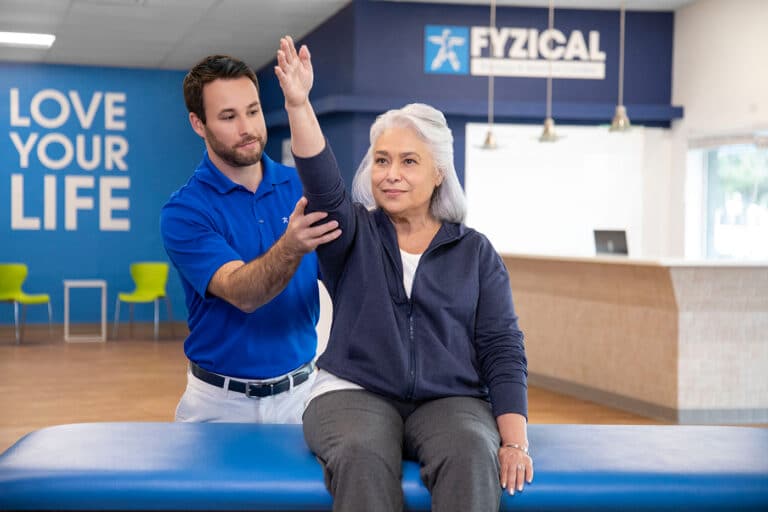Video game and Internet addictions can damage lives
It’s a sign of our wired times; it seems that we’re all being increasingly sucked into cyberspace. But when online play turns pathological, it can harm a person’s family, school, work and psychological functioning.
Too much time playing video games or surfing the Internet may seem harmless compared to alcohol or drug addiction, but video-game addiction and Internet addiction are real maladies that can result in depression, anxiety and social phobias and eventually ruin lives.
These addictions are far from harmless. Young adults might spend all night online enmeshed in role-playing games, might ditch school, become verbally and physically aggressive and even steal others’ computers when their own computer use is restricted. Internet and video game addictions are similar to gambling addiction—all impulse-control disorders.
“We’ve definitely seen an increase over the years, especially related to video game addiction,” says Colleen Moore, marketing and admissions manager for the Illinois Institute for Addiction Recovery (IIAR) based in Peoria. “We are seeing more and more clients coming into the program specifically for that disorder.”
Individuals are increasingly using a virtual fantasy world to connect with people online instead of through a real, human connection, she says.
Video game addiction, especially with massive multiplayer online role-playing games (MMORPG), tends to affect males in their 20s and 30s, while women in their 30s and into middle-age more often suffer from Internet addiction, becoming consumed with social networking sites.
As the Web exerts its pull, individuals might find that they are spending more time online than they intended, jeopardizing their school and work and lying to family and friends about how much they’re involved—all warning signs, Moore says.
“There’s a preoccupation with the game or online activity, anticipating the next time they’ll be able to get online to play the game,” Moore says. “Sometimes individuals will be so preoccupied by it that they’ll forget family functions and commitments.”
If they can’t get online, they might display restlessness, depression, anxiety and irritability—signs that they may be crossing over into addiction. And if they attempt to quit their game, they may experience withdrawal symptoms including anger, depression, mood swings and fantasies about the game.
“A lot of games offer individual[s] a chance to create their own persona,” Moore says. “In the virtual world, they’re able to be who they want to be, and maybe they’re not able to do that in the real world. They can become powerful. Other individuals [who] are playing with them in the virtual world will give them a pat on the back; maybe they’re not getting that in real life.”
Women can fall prey to social networking sites like Facebook and virtual communities like Second Life, where they can create a new persona, career, relationships and sex life. “It just is so inundating, and for some individuals, it can really suck them in. To escape reality, they get into these worlds, and it kind of becomes more powerful than them, and that’s all they think about,” Moore says.
“A lot of times, women will say that when everybody is asleep, they’re up and spending pretty much all night online. Then they’ll start taking medication to help keep them awake. A lot of times, they’re taking five-hour energy drinks to keep them awake to try to be the caretaker that they’re supposed to be.”
Often, addicted gamers have been expelled from school or college as a result of their behavior. They may have been fired from work, or their spouse might be threatening divorce—all external consequences, Moore says. “Some of the internal consequences are severe depression, thoughts of suicide, feeling helpless and hopeless and not sure where else to turn within their lives, feeling that their lives are out of control,” she says.
Treatment and recovery is tough. Drug and alcohol addiction programs use an abstinence-based 12-step philosophy. But when Internet or gaming addiction is your downfall, how can you abstain from using the computer?
“When we work with someone suffering from Internet addiction or someone with a shopping addiction or an eating disorder, you are not going to be able to say to them ‘you are going to have to stop using the Internet or stop shopping or stop eating.’ So it teeters on the line of moderation,” Moore says.
Programs teach resources for recovery, like journaling or talking to a sponsor, therapist or loved one. Hopefully, individuals will then be able to identify emotional, behavioral and spiritual warning signs that could lead them into a relapse. They are taught to write down their thoughts, feelings and behaviors, call a loved one and step away from the computer.
Many people with Internet or gaming addiction also have a co-occurring disorder related to social anxiety or low self-esteem, Moore says. “So, a lot of times, we have to work with that social anxiety, specifically, in their recovery plan in their treatment process.”
The inpatient treatment program can last up to 90 days at the IIAR. Patients are sent home with tools to use to monitor their own behavior. They also participate in support groups and see a local therapist who specializes in impulse-control disorders.
The web of Internet and gaming addiction can be difficult to untangle. But with intensive intervention, individuals can break the cycle of dependency and reengage with the real world, instead of the virtual one. While their addiction might be with virtual communities, the pull of their addiction is painfully real.

Eve Becker is an award-winning editor and writer. She is the former Editor-in-Chief of Chicago Health magazine and Caregiving magazine, as well as the former Managing Editor of Tribune Media Services. She is a highly skilled communications professional, and has created content for a variety of platforms, including magazines, newspapers, websites, newsletters and nonprofit organizations.










